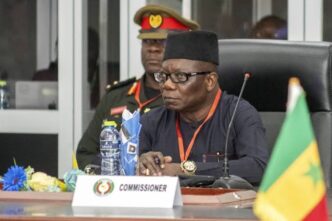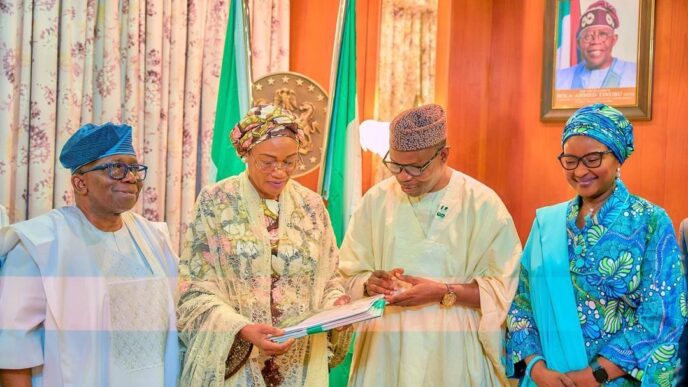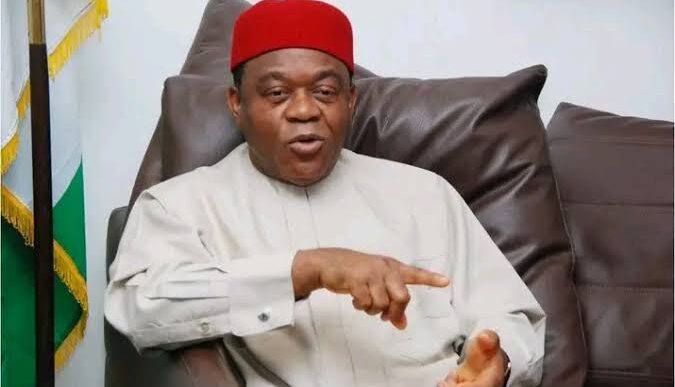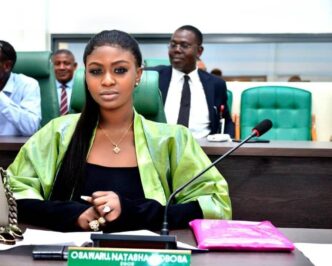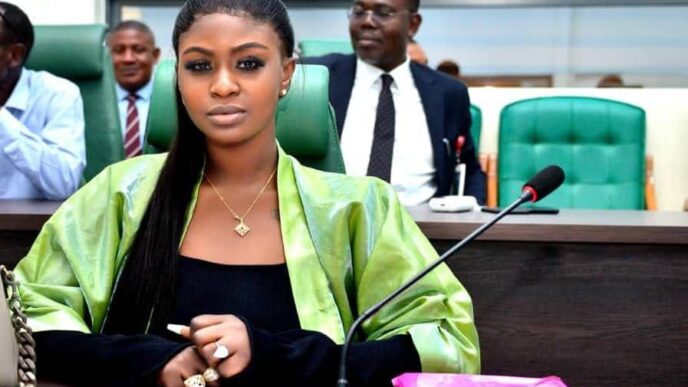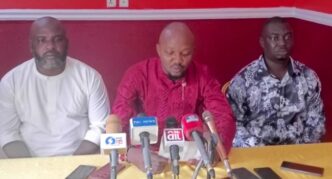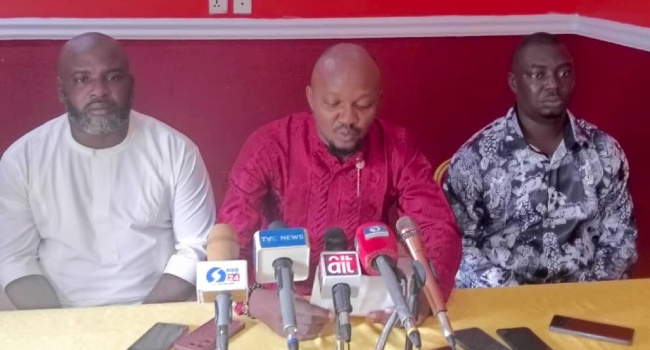Abdel-Fatau Musah, the ECOWAS commissioner for political affairs, peace, and security, highlighted that corruption and financial crimes significantly hinder economic and social development in the West African sub-region.
Gatekeepers News reports that he made these comments during a regional certification training focused on financial investigation for anti-corruption institutions, held in Niger state on Monday.
Musah was represented by Ebenezer Asiedu, the head of the democracy and good governance division within the commission. He emphasized that ECOWAS is actively working to strengthen democratic governance norms and practices across the region, indicating progress in their efforts to address these critical issues.
However, he lamented that “democracy in most of our member states faces fragility, particularly due to the menace of corruption”.
“For instance, research indicates that Africa loses a staggering $88.6 billion annually due to corruption and illicit financial flows, which takes up 3.7 percent of our continent’s GDP,” he said.
“Indeed, corruption and financial crime are among the biggest obstacles to economic and social development in West Africa and around the world.
“As the financial industry experiences growth in West Africa, the increasing adoption of crypto-currencies and other emerging forms of online financial systems have introduced new risks and vulnerabilities across member states, underscoring the need for anti-corruption institutions to develop specialised skills and knowledge to effectively combat these crimes.”
He noted that ECOWAS has decided to facilitate a five-day regional certification training for anti-corruption institutions in member states as a result of the current realities.
“This is part of our renewed commitment to strengthen anti-corruption institutions with advanced investigative techniques to detect, counter, and recover assets linked to financial crimes,” Musah added.
“As we work toward realising the ECOWAS Vision 2050, tackling corruption and illicit financial flows (IFFs) is essential to achieving sustainable development and regional stability.”
He commended President Bola Tinubu for his “remarkable leadership as the chair of ECOWAS authority during this challenging phase of ECOWAS evolution”.
“Let me reassure you all that the ECOWAS commission under the leadership of H.E. President Bola Ahmed Tinubu will not leave any stone unturned in ensuring that the enviable height of regional integration and political development experienced over the years in West Africa is consolidated and remains a global reference point,” he said.
Ola Olukoyede, EFCC chairman, said the training was a product of strategic collaboration between the Network of Anti-Corruption Institutions in West Africa (NACIWA), EFCC, and the ECOWAS commission.
“It reflects our shared determination to go beyond rhetoric and invest in tangible capacity-building efforts that enhance the operational capabilities of our institutions,” he said.
“Today, we welcome participants from across the sub-region, men and women who are on the frontlines of the fight against corruption, money laundering, terrorism financing, and other financial crimes.
“As many of you are aware, the threats we face are not confined within national borders. They are sophisticated, tech-enabled, and deeply embedded within political and economic structures.
“To effectively confront these challenges, we must work together, sharing intelligence, harmonizing our methods, and speaking in one voice as a region committed to integrity and justice.”

